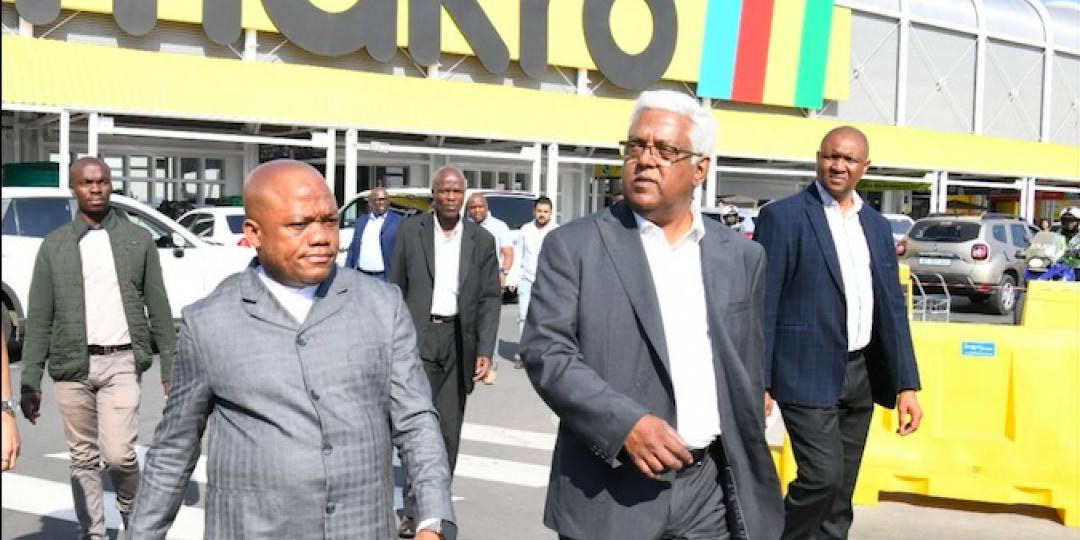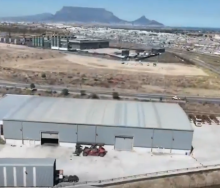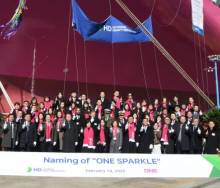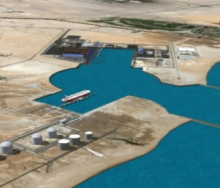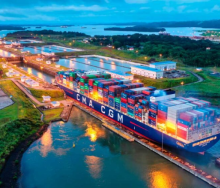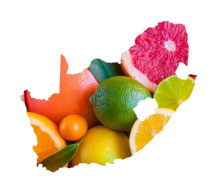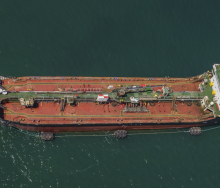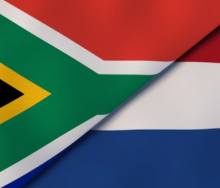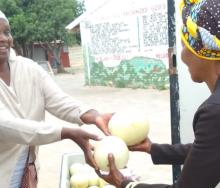KwaZulu-Natal’s GDP grew by 1.9% in the first quarter of 2022, despite the socio-economic problems confronting the province after the 2021 July unrest and the impact of the Covid-19 pandemic.
Premier Sihle Zikalala, in marking a year since the civil unrest, which claimed 354 lives in KwaZulu-Natal and Gauteng and left thousands of businesses looted and burned, highlighted the progress businesses and the government had made in rebuilding the economy. Zikalala was speaking during a media visit to some of the businesses, including Makro in Springfield Park, which have spent many months rebuilding their premises.
He said the province’s unemployment rate had declined marginally in the first quarter of 2022 from 35% to 34.5%.
“Major investments have come through to our shores, indicating the confidence that investors still have in our economy,” Zikalala said.
“With the lifting of the final Covid-19 restrictions, the economy of KwaZulu-Natal is set for increased economic activity, particularly within the tourism sector which was boosted massively by the Durban July a few weeks ago,” he said.
The return of airlines such as SAA, Turkish, Qatar and the launch of new routes such as Durban-Harare and Durban-eSwatini, are expected to boost tourism further. He said sovereign credit rating agency S&P Global had also upgraded its outlook for South Africa to “positive” from “stable” which was a welcome development for the provincial economy.
“We are however still mindful of the emerging risks that are militating against full economic recovery required to create employment for the people of KZN,” he said.
“Some of these downside risks include rising interest rates, which dampen consumer spending; rising prices of necessities such as food and fuel; the rising cost of production as a result of increasing fuel prices, fertilisers and other imported commodities; and distorted global supply chains as a result of geopolitical tensions, particularly in Russia and Ukraine,” Zikalala said.
The unrest had cost the national economy just over R50 billion, of which R30bn of the estimated losses had been in KwaZulu-Natal, he added.
“The retail industry disproportionately bore the majority of the impact, with over 200 shopping malls targeted and 1 787 retail stores looted and damaged. A number of distribution centres, warehouses and major retailers such as Makro, Cato Ridge Distribution Centre, and Springfield Value Mart became major high-value targets as the unrest unfolded. The Massmart group reportedly had 41 retail stores, two distribution centres and two other facilities affected by the unrest, and almost every major mall was affected,” Zikalala said.
The transport sector was impacted by supply chain interruptions, including the movement of trucks, fuel shortages, rail line disruptions, staff availability, and shutdown of roads leading into and out of the ports.
“Specifically, disruptions to Durban and Richards Bay port operations, rail links between Durban and Gauteng, and general truck transport along the N3 corridor ensured the effects of the unrest extended beyond the two provinces which formed the epicentre. The loss in the transport industry due to burning and looting of trucks went into millions of rands,” Zikalala added.
He said the agricultural and manufacturing sectors had also been hard hit and incurred losses of more than R460 million in infrastructure damage during the week of unrest.
“A year after the sad events of July 08, 2021, the province has undertaken an exercise to assess progress with regard to the rebuilding programme. The emerging position is that most insured small businesses have reopened, at the same time as a substantial percentage of big businesses are back to normal. At the same time, a number of big businesses, including mega-malls such as Edendale in Pietermaritzburg, Bridge City in KwaMashu, and Springfield Value Centre, are still under reconstruction. Bridge City is targeted to open in March 2023,” Zikalala said.
He added that most shops reported as looted, vandalised or burnt in the eThekwini central business district had reopened.
“Major factories such as Defy are currently operational, as are major township malls such as KwaMnyandu Shopping Centre and the Umlazi Mega City, which are crucial for providing job opportunities for locals and bringing retail services closer to communities.
Of concern is that in KwaMashu township a number of malls, centres and shops remain closed, including Bridge City, KwaMashu Centre and most of Dube Village near Inanda,” he said.
